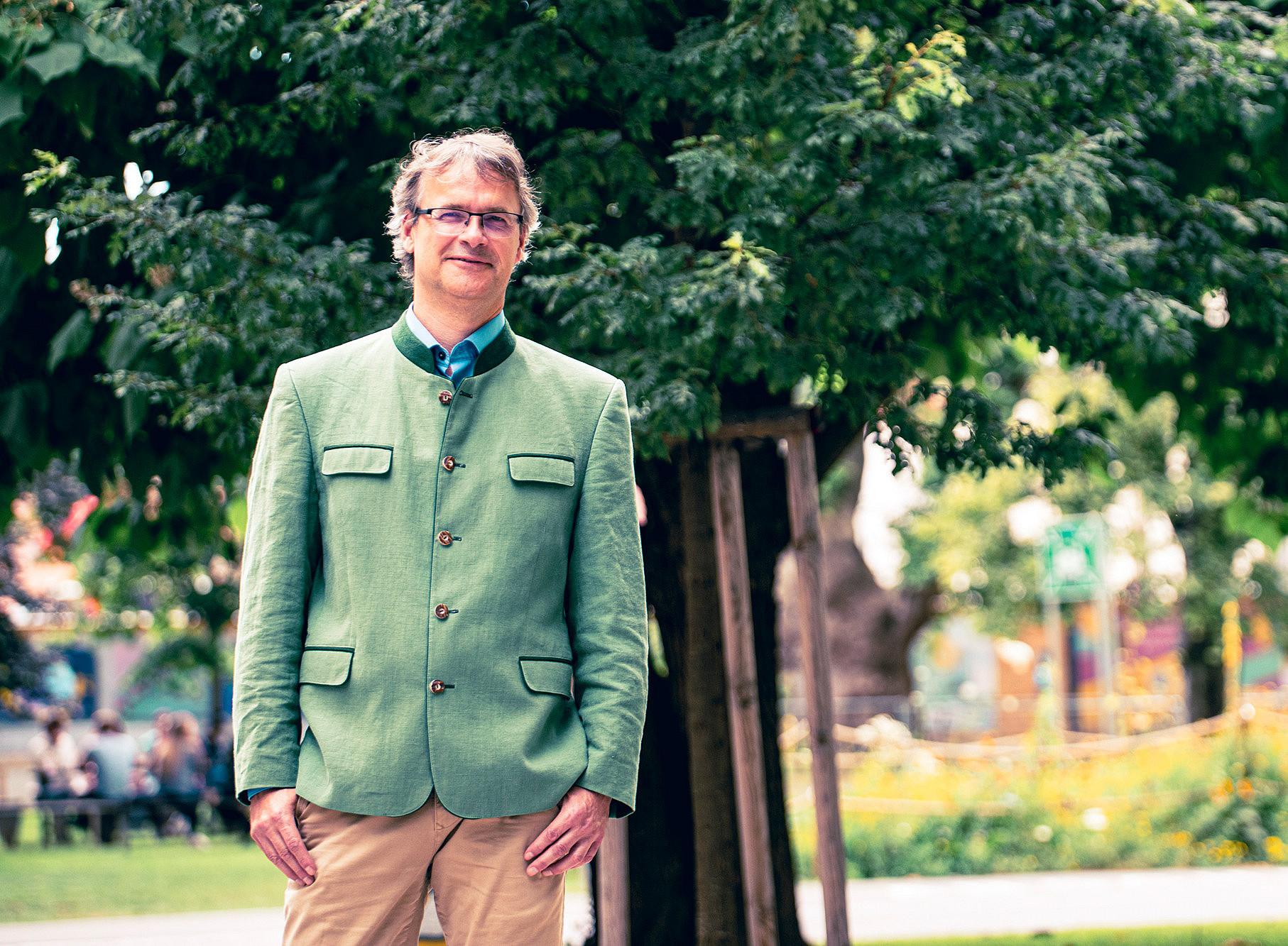The enzymes used in industry and biotechnology "denature" under certain environmental conditions, especially at high temperatures. "We see this in everyday life when we prepare a fried egg: When heated, the proteins unfold and the egg white turns white and solid," illustrates Wolfgang Kroutil, lead author of the publication. "For chemical processes, you need catalysts that are as stable as possible and cannot be destroyed quickly," adds the researcher. Which biocatalysts are best suited for which process has so far only been tested by heating. "However, it is often not the temperature that is decisive, but the organic compounds used in the production process," reports Kroutil. Together with his doctoral student Frieda Sorgenfrei, he has now developed a new method to test the stability of enzymes. "We slowly increased the concentration of the compounds in question and checked when the catalysts denatured," explains the chemist. "This may sound banal, but it is actually a revolutionary approach."
This method makes it easier to compare different enzymes with each other. This means that the most suitable catalyst can now be found for each process - which makes production even cheaper and more sustainable.
Publication:
Frieda A. Sorgenfrei, Jeremy J. Sloan, Florian Weissensteiner, Marco Zechner, Niklas A. Mehner, Thomas L. Ellinghaus, Doreen Schachtschabel, Stefan Seemayer, Wolfgang Kroutil: "Solvent concentration at 50 % protein unfolding may reform enzyme stability ranking and process window identification", Nature Communications 15, Article number: 5420 (2024). https://doi.org/10.1038/s41467-024-49774-0
